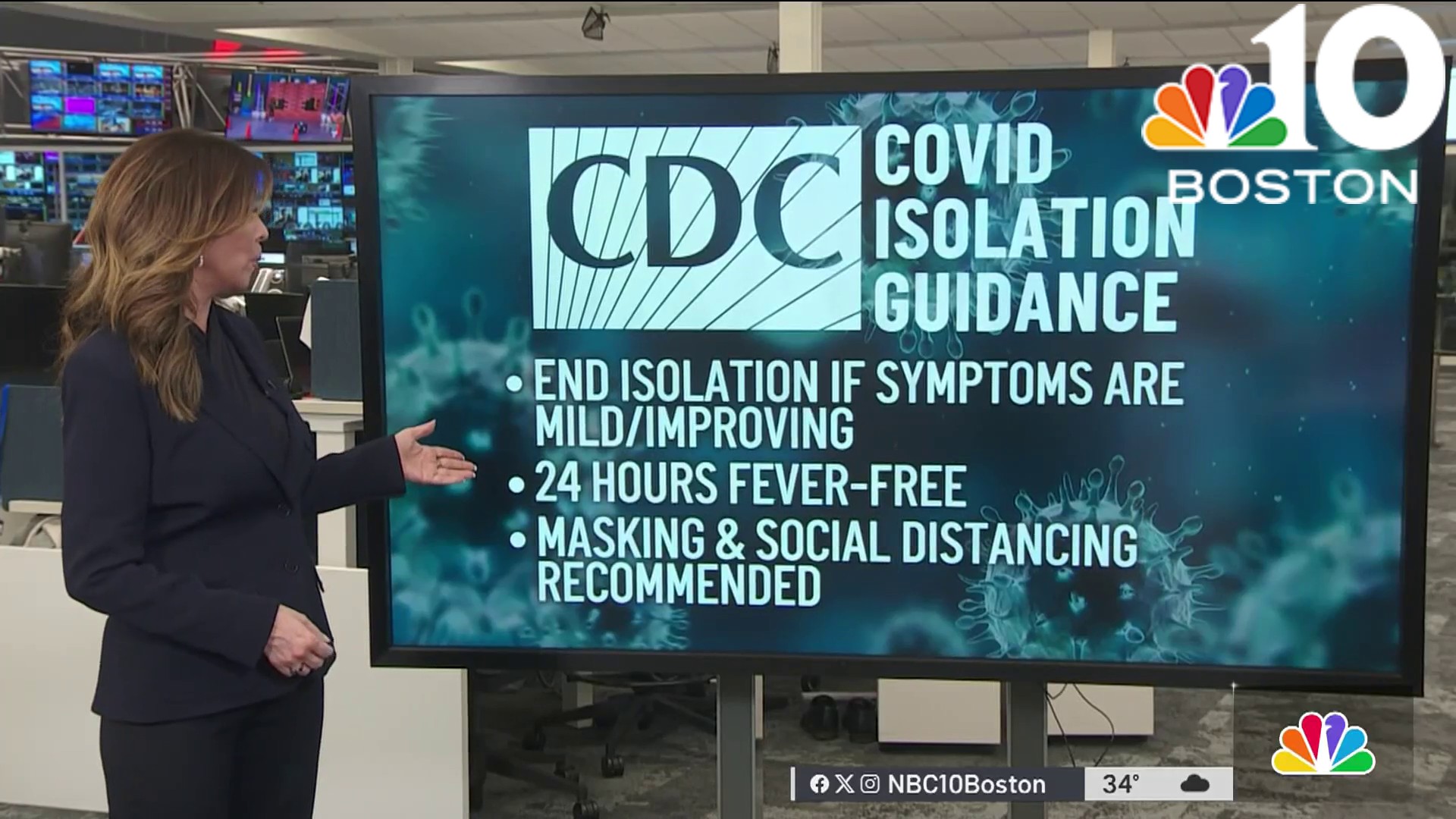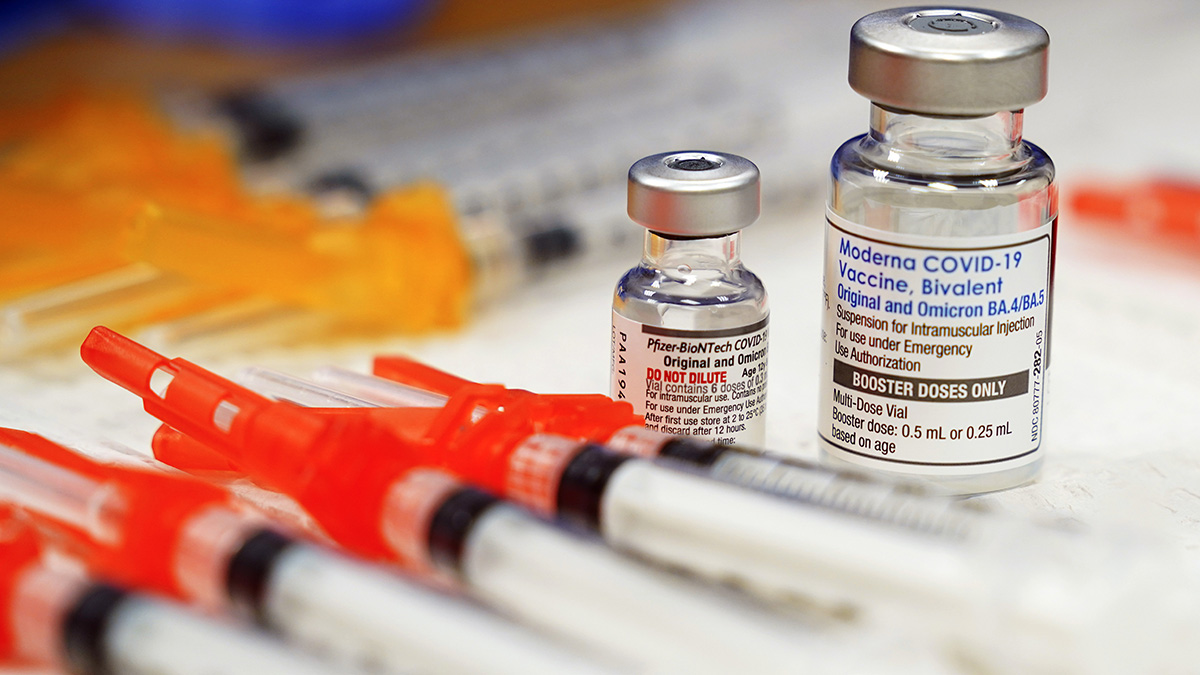
Health officials are issuing a warning about an increase in COVID activity with a new variant called KP.2.
Local doctors say the new strain, also known as the FLiRT variant, shouldn't alarm you. But it does have them watching for a possible summer spike in cases because of its transmissability and abiity to evade prior immunity.
WATCH ANYTIME FOR FREE
Stream NBC10 Boston news for free, 24/7, wherever you are. |
"There's a bunch of variants out there right now," said Dr. Jonathan Bayuk, of Allergy & Immunology Associates of New England.
Experts say FLiRT is actually a family of variants from the faster-spreading Omicron family, including the now dominant KP.2 variant and KP.1.1. KP.2 now accounts for over 28% of COVID cases in the U.S., and KP.1.1 another 7%, according to the U.S. Centers for Disease Control and Prevention.
Get updates on what's happening in Boston to your inbox. Sign up for our News Headlines newsletter.
The nickname "FLiRT" was first used in March by T. Ryan Gregory, a professor of evolutionary biology at the University of Guelph in Ontario who is behind many of the other variant nicknames. The name is drawn from the letters in the names of their mutations.
What are the symptoms of KP.2?
The symptoms are similar to those associated with other variants, including fever or chills, cough, sore throat, congestion or runny nose, headache, muscle aches, difficulty breathing, fatigue, loss of tast or smell, brain fog and stomach upset.
"Now the concern is that this KP.2, again part of the FLiRT family of variants, could cause another summer wave. None of them are more deadly. They just change," Bayuk said.
As of this month, cases and hospitalizations are still relatively low in New England.
Here in Massachusetts, in the first full week of May, the state Department of Health reported about 700 cases of COVID-19, compared with nearly 6,900 five months ago.
"As we get further away from the previous strains, the vaccination and natural immunity that we have, it becomes more difficult to fight off," Bayuk said, "and more people can get sick again, even though they may have been sick before or vaccinated."
"It's been very quiet for a while, and we don't really know if the KP.2 variant will be covered by the previous vaccine that we had last fall," he added. "And the further we get away from vaccination, your immunity will wane. Some people will keep it for a lot longer than others, but you just don't know."
The bottom line, medical experts say, is if you haven't been vaccinated in a long time, are immuno-compromised, are over 65 years old or have other health conditions, you should get vaccinated.
"The best thing that you can do is get vaccinated," Bayuk said. "The goal of vaccination is to prevent hospitalizations and deaths, not to prevent you from getting sick."




